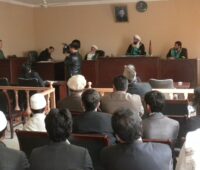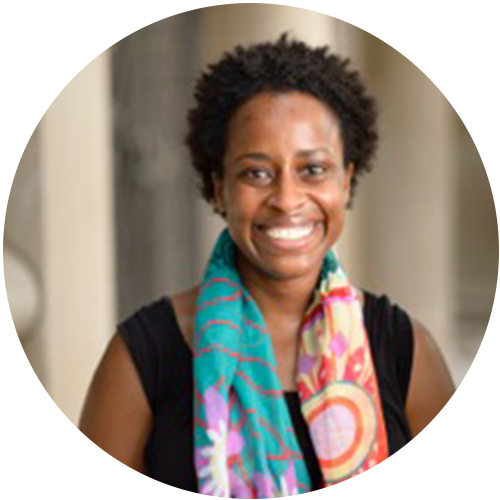Based on their IDRF-supported research, Alex Wolff explores how many queer folk in South Korea face a conflict between achieving economic stability and a sense of selfhood. Following economic transformations that decreased employment opportunities for young adults, civil servant jobs have become valued for their “stability.” However, Wolff finds that queer South Koreans who choose “stable” jobs to achieve feelings of financial security, are paradoxically beset by “other feelings of insecurity,” as queer self-representation and political participation lead to workplace discrimination, and potential dismissal. Wolff proposes complicating the concept of precarity by looking at it through a queer lens—examining how structural exclusions and heteronormativity shape the conditions for economic security and insecurity.





























